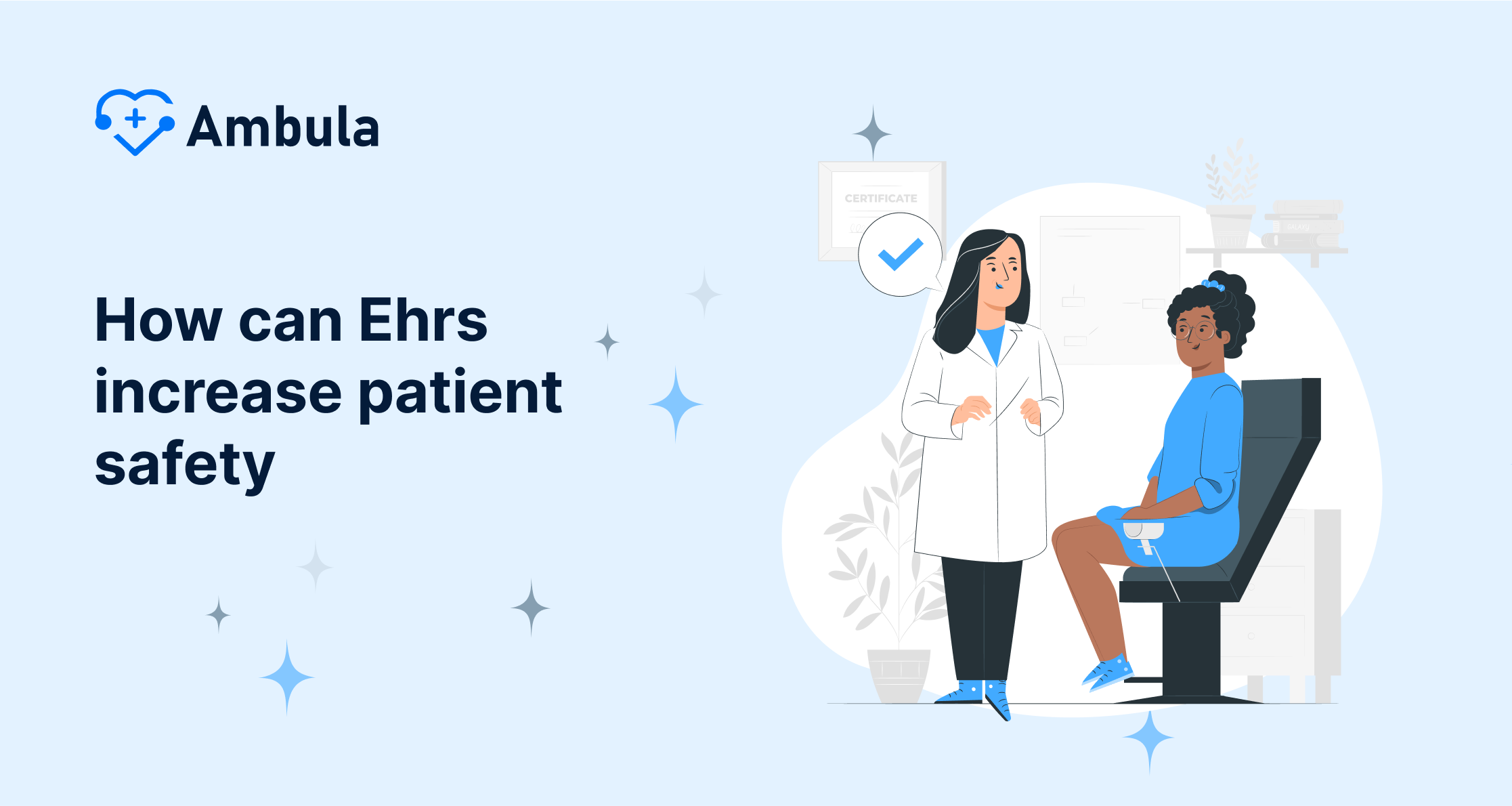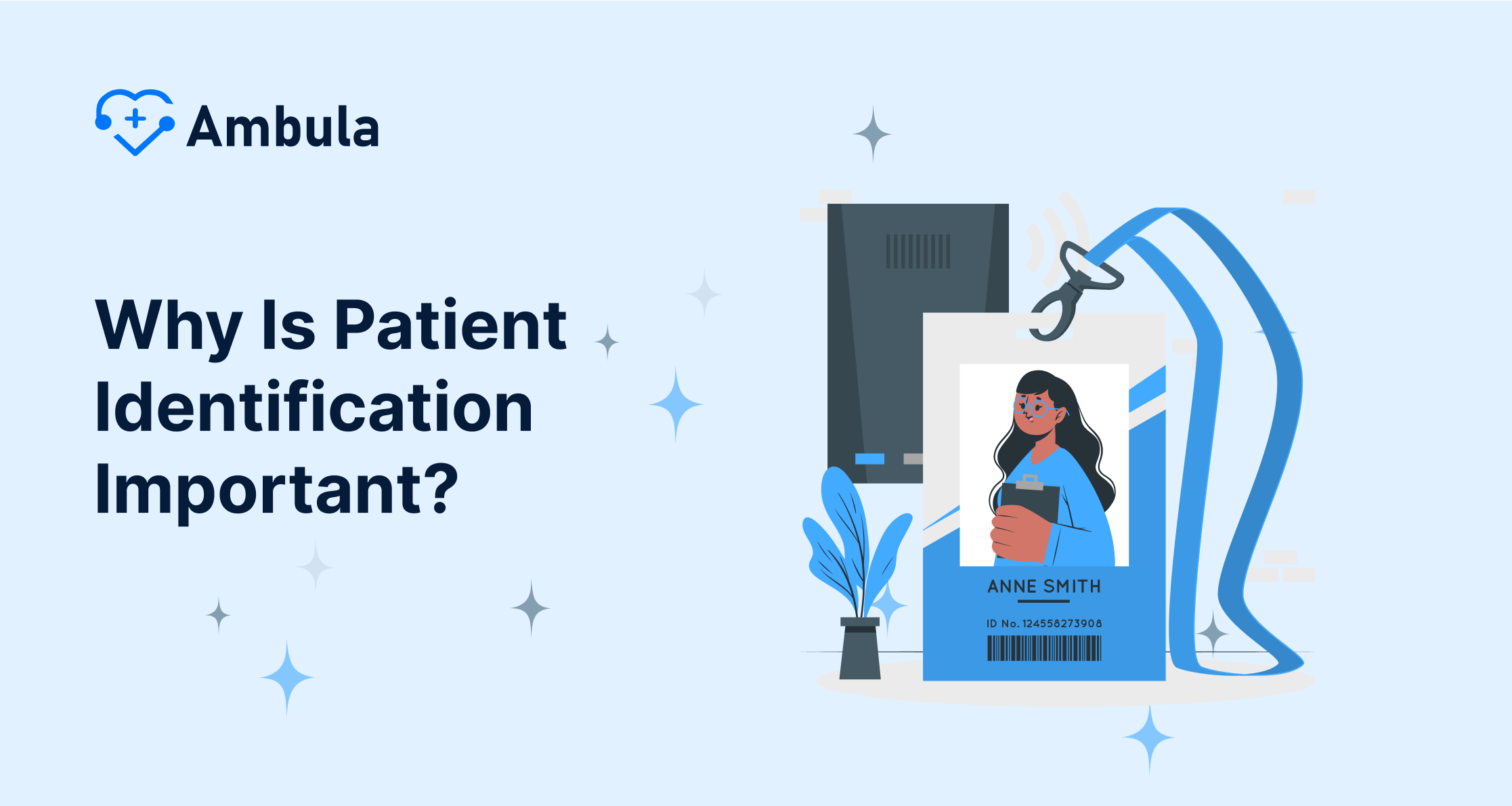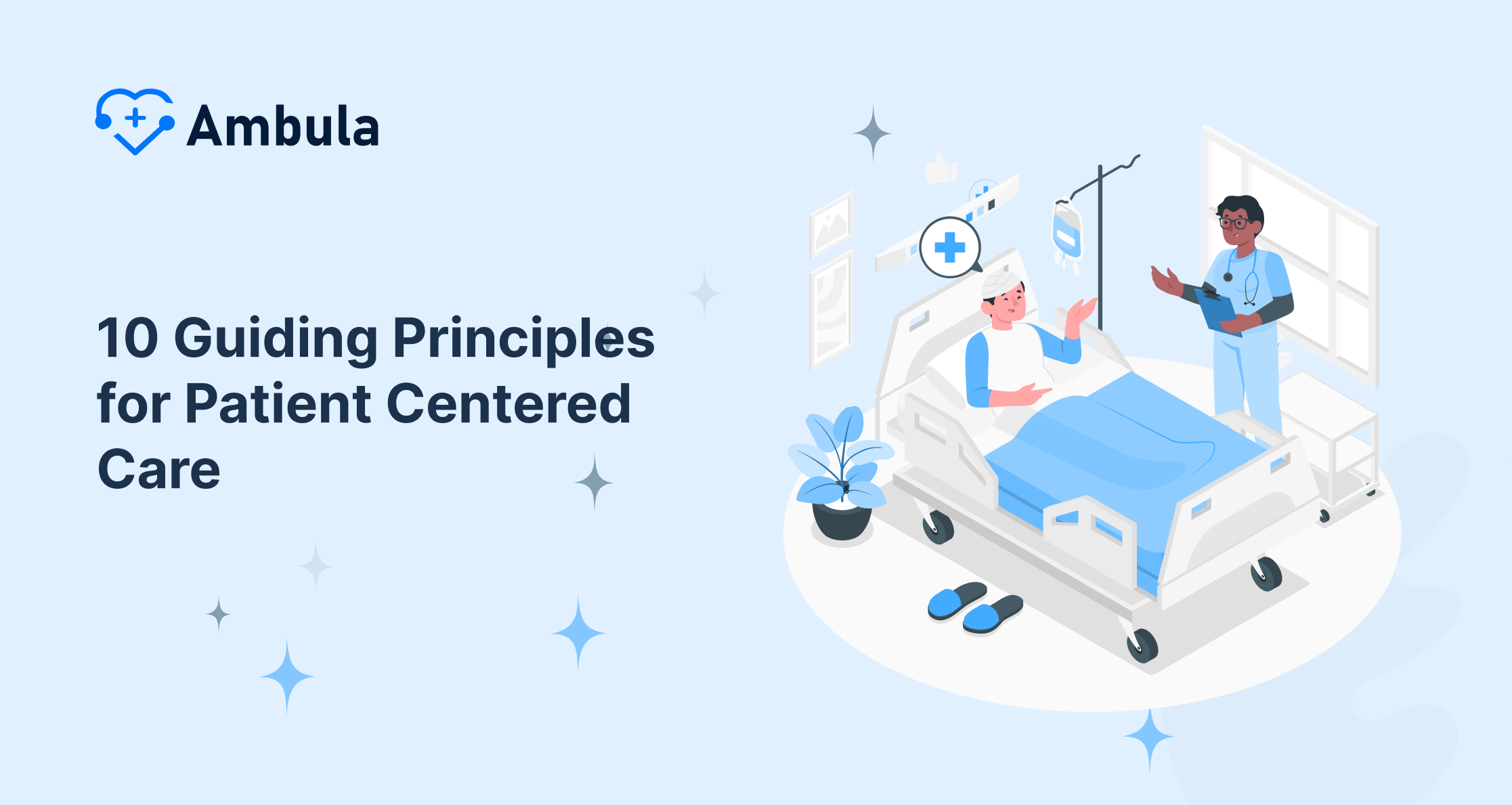Providing Information and Patient Demographic
One key patient responsibility is providing all the necessary information about your health. Now, why is this so important? Well, without the right information, it’s like asking a chef to bake a cake without giving them the recipe—it simply doesn’t work.
When checking in, you might be asked about your “patient demographic” – data about your age, race, and health history. This information is crucial in identifying genetic predispositions, establishing potential risk factors, and enabling a customized healthcare plan that suits your needs.
Being open with your doctors helps them comprehend your lifestyle, past medical records, and current health conditions and predict possible health risks. So, honesty isn’t just a moral virtue; it’s a requisite for effective healthcare.
Communication and Patient Medication Rights
Secondly, let’s talk about communication. Active, open communication with your healthcare provider is essential. Ever heard the phrase, “No question is a dumb question”? That applies here, too. If there’s one responsibility we need to nail, it’s this one.
Medicine isn’t always straightforward – ever tried reading a prescription and just ended up Googling medical jargon for an hour? Don’t worry, we’ve all been there. This is why your “Patient Medication Rights” are important. They empower you to know what medication you’re taking, why you’re taking it, how to take it, and all the potential side effects.
Ensure that when administering your medication, you apply the five “Rights” – the Right Patient, Right Drug, Right Dose, Right Route, and Right Time. Communicate, collaborate, confirm, and contribute to safer healthcare for everyone.
Compliance with Treatment
There’s no beating around the bush with this one – once you’ve agreed on a treatment plan with your healthcare provider, you’ve got to stick to it. Sure, we’ve all been tempted to skip a dose when we start feeling better, but that’s precisely where the danger lies.
Adherence inconsistently to your medication or treatment plan can worsen the health problem, prolong the recovery period, or even cause potential complications. It’s not just about taking your treatment seriously; it’s about taking your health seriously.
Think of your treatment plan as a blueprint for a building. Deviating from it may result in an unstable foundation and could cause the entire structure to crumble. You wouldn’t want that for your house, and you certainly don’t want that for your body.
Respect and Consideration
Getting wrapped up in the distress that health problems can bring is easy. Still, it’s important to remember that everyone around you in the healthcare setting is either going through the same pain or working tirelessly to alleviate it.
This is where the responsibility of respect and consideration comes into play. It’s not just about keeping noise down during quiet hours or following the hospital rules; it’s about recognizing and respecting the rights of other patients and healthcare staff too. A little kindness can truly go a long way.
Appointment Keeping
Remember when you’d get a gold star for perfect attendance at school? Well, imagine that, but for your medical appointments. It’s crucial for your health and the smooth running of healthcare services.
When we miss an appointment without advanced notice, we can disrupt the workflow of healthcare practices and delay treatments for others. Moreover, if monitoring or follow-up appointments are missed, it can hamper healthcare providers’ ability to assess the effectiveness of any ongoing treatment.
Understanding Health Insurance
Health insurance isn’t always as straightforward as we’d like it to be – there are terminologies, special cases, and claims, it can be a maze. But unfortunately, the responsibility of understanding how it works rests on our shoulders as patients. Knowing the ins and outs of your health insurance can save you from potential financial hardships down the line.
Being well-versed with the terms of your insurance coverage will allow you to utilize its benefits more effectively and play an appropriate role in cost-sharing and decision-making. But remember, if you’re ever in doubt about a clause or terminology, don’t hesitate to reach out to your insurance provider or seek expert advice.
Responsibility for Lifestyle Choices
Lifestyle choices make a big difference in our health. The food we eat, our physical activities, smoking, use of alcohol or drugs – they all directly affect our overall health. As patients, we are responsible for making good lifestyle choices or at least actively working towards them.
We must remember that healthcare providers can only guide us and give us the necessary treatment, but ultimately, we have to take the reins of our health in our own hands. Making better lifestyle choices improves the effectiveness of treatments and helps in the speedy recovery and in maintaining general well-being.
Privacy and Confidentiality
In the age of technology at our fingertips, it’s easier than ever to share details about our medical conditions on public platforms. But remember, there’s a reason your healthcare providers maintain your confidentiality; when it comes to health, secrecy can be a virtue.
Remember, you are responsible for protecting your health information when interacting with peers, family members, and especially on social media platforms. It’s imperative to respect the privacy and confidentiality of your healthcare information.
Informed Decisions and the Challenges of Patient Engagement
This brings us back to the importance of communication in healthcare. The healthcare journey should be a dialogue, not a monologue. It’s essential to be involved in the decision-making process about your treatment.
Remaining engaged and making informed decisions about your healthcare journey can be challenging, especially when dealing with complicated health situations. It’s easy to get overwhelmed with the whirlpool of medical terminologies but remember, you have the right to understand your health conditions and treatment options accurately.
Patient Advocacy
Lastly, but by no means least, is the responsibility of patient advocacy. This goes beyond just speaking up about your healthcare needs; it’s about securing your rights as a patient, being informed, asking the right questions, seeking second opinions if necessary, and ensuring you are receiving the best possible care.
Essentially, as a patient advocate, you’re the captain of your healthcare journey, and the healthcare providers are your crew. The aim is to navigate towards recovery and better health together.
In conclusion, let’s remember that while healthcare professionals dedicate themselves to promoting our health, we as patients must actively participate by acknowledging and performing our set of responsibilities. After all, taking care of your health should be a team effort; we’re an integral part of that team!




